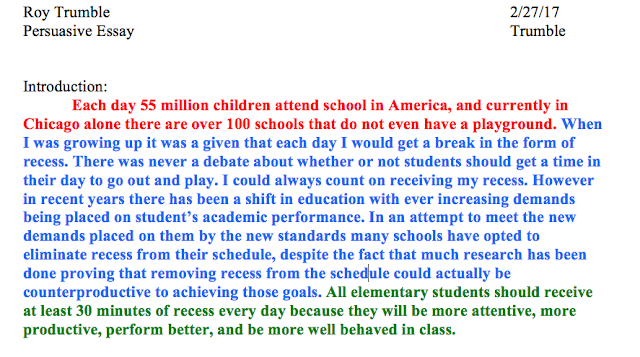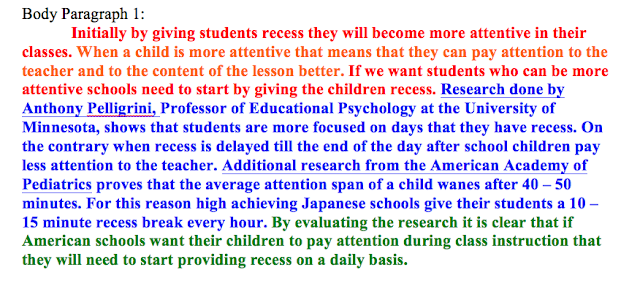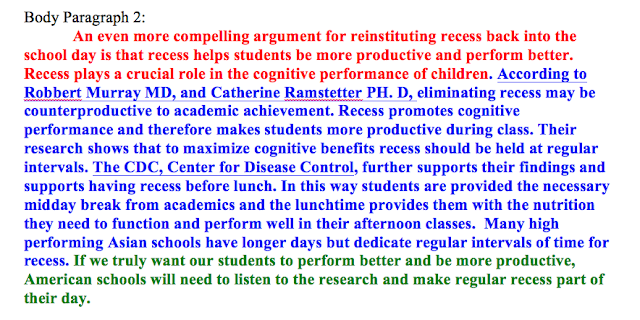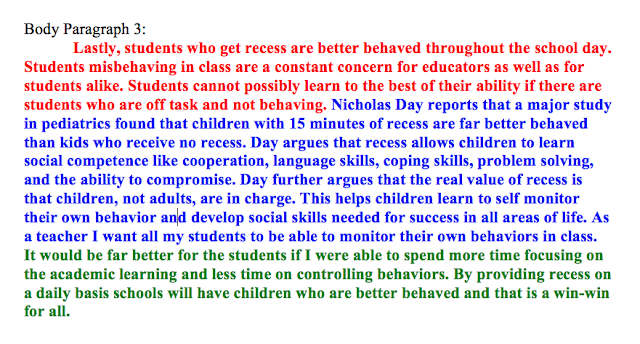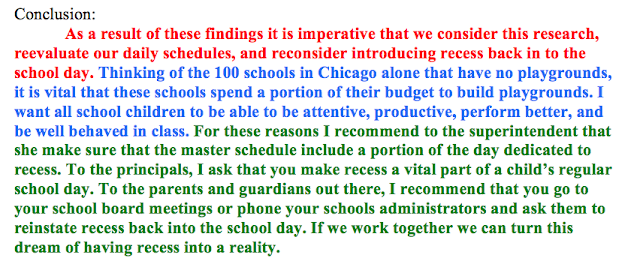Good day 6th Graders,
This week we will continue unit 3, Critical Analysis & Evaluation of Fictional Texts by reading chapters 4 - 6 of Harry Potter & the Chamber of Secrets.
Thank you,
Mr. Trumble
Mr. Trumble
Do Now:
1. Find your Hogwarts House Table and have a seat
2. Write your homework down in your agenda
3. Pick up a copy of the Plot Line
4. Pick up a green, orange & yellow highlighter
Homework:
2. Write your homework down in your agenda
3. Pick up a copy of the Plot Line
4. Pick up a green, orange & yellow highlighter
Homework:
- Finish reading Ch 5
- Complete the Written Response Questions
- ***This will be handed in for a Quiz grade. YOU MAY NOT USE YOUR HW PASS ON THIS ASSIGNMENT!*** We will be doing this type of assessment again on Ch. 9, 10, & 16
- This will give you 4 Total Quiz Grades for Harry Potter, along with the Mid book, & end of Book Test
Rumors are going around about people who are in Slytherin house trying to sabotage other houses so they lose points, specifically the Hufflepuffs. For your information - a lost book might lose you 10 - 20 points. If I catch anyone stealing books or having a complete lack of integrity to do something that would sabotage another house, the consequences will be severe. We are talking HUNDREDS of points!!!! SO I SAY TO YOU...HAVE SOME INTEGRITY AND STOP WITH THE PLOTS TO SABOTAGE ANOTHER HOUSE!
- Evaluate Plot
- Fill in the:
- Exposition
- Incident Incident
- Point of View
- House Discussion - Ch 4 Entering the Unknown
- What important events happen in Chapter 4?
- What occurs in this chapter that shows Harry is "Entering the Unknown"?
- What prediction did you make for Ch. 5 - The Whomping Willow
- Chapter 5 Read-a-loud
- Complete the Written Response Questions
- Be sure to write in complete sentences, & answer all parts of the questions.
RTI
Guided Reading Book Clubs
Goal: To read fictional texts for enjoyment and discuss them with a group of our peers in order to improve our comprehension .
Standards:
RL6.1 - Cite Textual Evidence to support analysis of what the text says explicitly as well as inferences drawn from the text
RL6.3 - Describe how a particular story's plot unfolds in a series of events as well as how the characters respond or change as the plot moves toward a resolution
- Reading Strategies:
- Inferencing & Questioning
- Literary Elements:
- Characterization & Plot
Key Questions:
- What do you know about the main character? How?
- What Predictions can you make?
- What Inferences did you make based on today's reading?
- What questions do you have? (Use D.O.K.)







